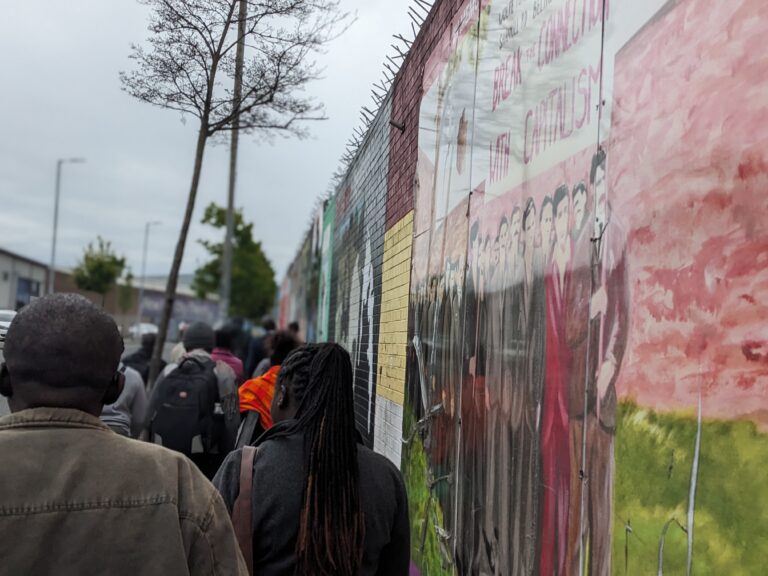Atrocity Prevention and Social Cohesion
Although transitional justice has long been implicitly considered as a tool for violence prevention, typically by referencing the language of non-repetition, GIJTR pioneers an explicit connection, seeing its work as directly advancing atrocity prevention.
For Spanish

About this Approach
Atrocity prevention efforts are particularly relevant in contexts where the political environment prevents formal transitional justice mechanisms or efforts to pursue accountability for past harms. In contexts where the civic space has narrowed and political will has dwindled, GIJTR’s local partners have been able to continue working on truth and justice through a variety of means, including documenting rights violations in active conflict and working at the community level to build social cohesion. In Sri Lanka, for instance, GIJTR local partners have built a national network of district level actors, called the Truth and Reconciliation Forum, that has enabled a deep engagement at the community level, enhancing community cohesion across ethnic boundaries by undercutting efforts that provoke tensions and could otherwise result in atrocities. Additionally, in making visible root causes of past violence as the foundation for prevention of recurrence, GIJTR programming supports affected communities to quell violence and advance peace.
